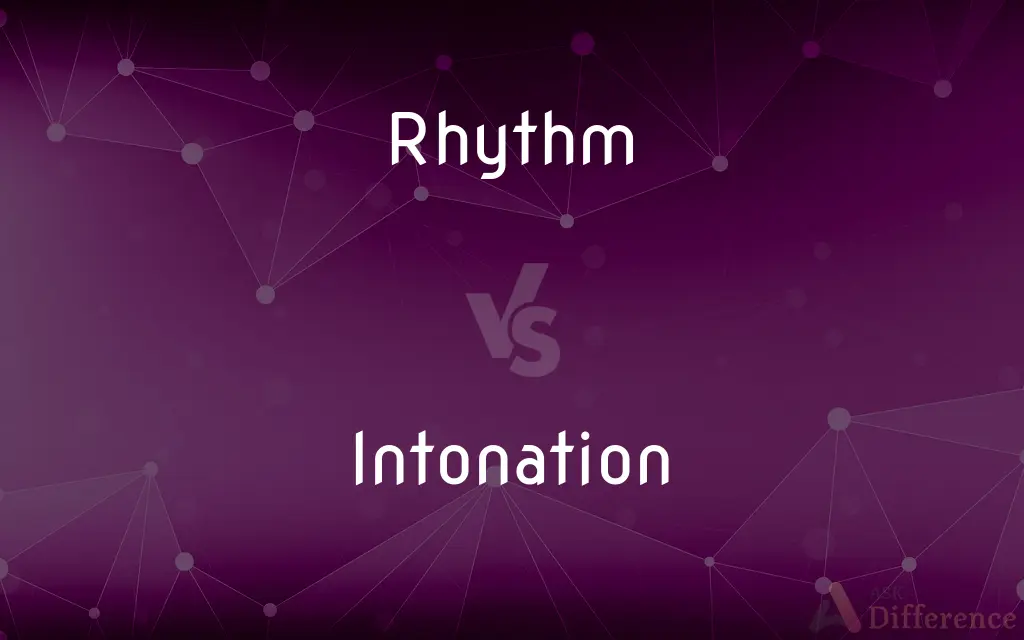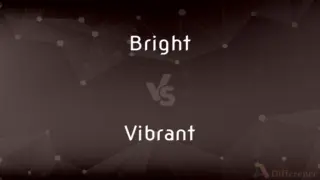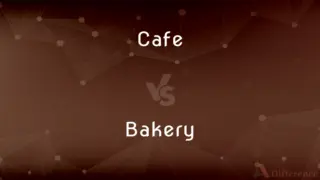Rhythm vs. Intonation — What's the Difference?

Difference Between Rhythm and Intonation
ADVERTISEMENT
Compare with Definitions
Rhythm
Rhythm (from Greek ῥυθμός, rhythmos, "any regular recurring motion, symmetry"—Liddell and Scott 1996) generally means a "movement marked by the regulated succession of strong and weak elements, or of opposite or different conditions" (Anon. 1971, 2537).
Intonation
The act of intoning or chanting.
Rhythm
Movement or variation characterized by the regular recurrence or alternation of different quantities or conditions
The rhythm of the tides.
Intonation
An intoned utterance.
Rhythm
The patterned, recurring alternations of contrasting elements of sound or speech.
ADVERTISEMENT
Intonation
A manner of producing or uttering tones, especially with regard to accuracy of pitch.
Rhythm
The patterning of musical sound, as by differences in the timing, duration, or stress of consecutive notes.
Intonation
(Linguistics) The use of changing pitch to convey syntactic information
A questioning intonation.
Rhythm
A specific kind of such patterning
A waltz rhythm.
Intonation
A use of pitch characteristic of a speaker or dialect
"He could hear authority, the old parish intonation coming back into his voice" (Graham Greene).
Rhythm
A group of instruments supplying the rhythm in a band.
Intonation
(Music) The opening phrase of a plainsong composition sung as a solo part.
Rhythm
The pattern or flow of sound created by the arrangement of stressed and unstressed syllables in accentual verse or of long and short syllables in quantitative verse.
Intonation
(linguistics) The rise and fall of the voice in speaking.
Rhythm
The similar but less formal sequence of sounds in prose.
Intonation
Emotive stress used to increase the power of delivery in speech.
Rhythm
A specific kind of metrical pattern or flow
Iambic rhythm.
Intonation
A sound made by, or resembling that made by, a musical instrument.
Rhythm
The sense of temporal development created in a work of literature or a film by the arrangement of formal elements such as the length of scenes, the nature and amount of dialogue, or the repetition of motifs.
Intonation
Singing or playing in good tune or otherwise.
Her intonation was false.
Rhythm
A regular or harmonious pattern created by lines, forms, and colors in painting, sculpture, and other visual arts.
Intonation
Reciting in a musical prolonged tone; intonating or singing of the opening phrase of a plain-chant, psalm, or canticle by a single voice, as of a priest.
Rhythm
The pattern of development produced in a literary or dramatic work by repetition of elements such as words, phrases, incidents, themes, images, and symbols.
Intonation
A thundering; thunder.
Rhythm
Procedure or routine characterized by regularly recurring elements, activities, or factors
The rhythm of civilization.
The rhythm of the lengthy negotiations.
Intonation
The act of sounding the tones of the musical scale.
Rhythm
The variation of strong and weak elements (such as duration, accent) of sounds, notably in speech or music, over time; a beat or meter.
Dance to the rhythm of the music.
Intonation
The manner of speaking, especially the placement of emphasis, the cadence, and the rise and fall of the pitch of the voice while speaking.
Rhythm
A specifically defined pattern of such variation.
Most dances have a rhythm as distinctive as the Iambic verse in poetry
Intonation
Rise and fall of the voice pitch
Rhythm
A flow, repetition or regularity.
Once you get the rhythm of it, the job will become easy.
Intonation
Singing by a soloist of the opening piece of plainsong
Rhythm
The tempo or speed of a beat, song or repetitive event.
We walked with a quick, even rhythm.
Intonation
The act of singing in a monotonous tone
Rhythm
The musical instruments which provide rhythm (mainly; not or less melody) in a musical ensemble.
The Baroque term basso continuo is virtually equivalent to rhythm
Intonation
The production of musical tones (by voice or instrument); especially the exactitude of the pitch relations
Rhythm
A regular quantitative change in a variable (notably natural) process.
The rhythm of the seasons dominates agriculture as well as wildlife
Rhythm
Controlled repetition of a phrase, incident or other element as a stylistic figure in literature and other narrative arts; the effect it creates.
The running gag is a popular rhythm in motion pictures and theater comedy
Rhythm
A person's natural feeling for rhythm.
That girl's got rhythm, watch her dance!
Rhythm
In the widest sense, a dividing into short portions by a regular succession of motions, impulses, sounds, accents, etc., producing an agreeable effect, as in music poetry, the dance, or the like.
Rhythm
Movement in musical time, with periodical recurrence of accent; the measured beat or pulse which marks the character and expression of the music; symmetry of movement and accent.
Rhythm
A division of lines into short portions by a regular succession of arses and theses, or percussions and remissions of voice on words or syllables.
Rhythm
The harmonious flow of vocal sounds.
Rhythm
The basic rhythmic unit in a piece of music;
The piece has a fast rhythm
The conductor set the beat
Rhythm
Recurring at regular intervals
Rhythm
An interval during which a recurring sequence of events occurs;
The neverending cycle of the seasons
Rhythm
The arrangement of spoken words alternating stressed and unstressed elements;
The rhythm of Frost's poetry
Rhythm
Natural family planning in which ovulation is assumed to occur 14 days before the onset of a period (the fertile period would be assumed to extend from day 10 through day 18 of her cycle)
Share Your Discovery

Previous Comparison
Bright vs. Vibrant
Next Comparison
Cafe vs. Bakery













































